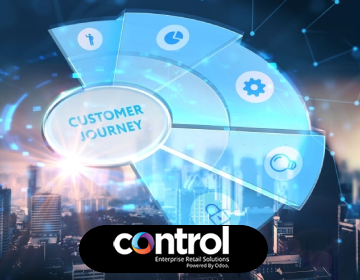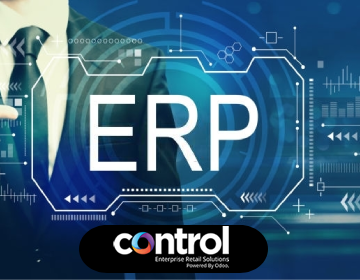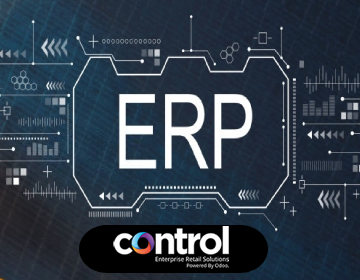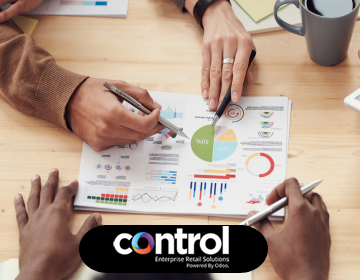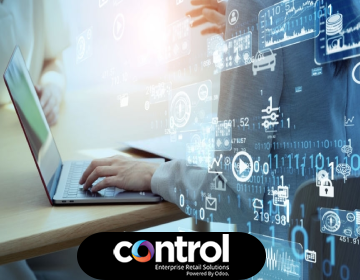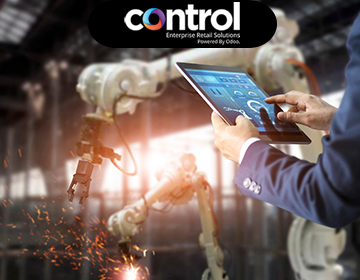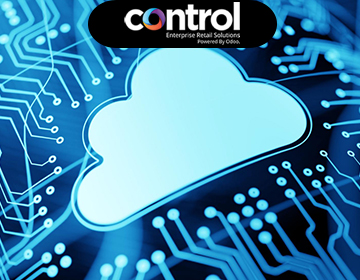ERP Systems Archives - Page 2 of 6 - ControlERP
Enhancing The Growth Of Business With An Enterprise Resource Planning Software
- August 16, 2021
- By: Mike Taylor
- No Comments
Technology is constantly evolving at a breakneck pace, and businesses have never felt shy to leverage that advancement and boost the company’s growth. We all know and understand that every business needs to manage and organize its operations to keep profitable. One such solution to ensure seamless management of business operations is the Enterprise Resource
Customer Journey Map: A Necessity for Successful ERP
- July 26, 2021
- By: Mike Taylor
- No Comments
The needs and demands of customers keep on changing. Currently, with the introduction of more competitive companies in the markets, the demands are very fluctuating. Having just a fantastic product does not make the cut anymore! Brilliant customer interactions and satisfying client expectations are the need of the hour, driving a business towards success. But,
Everything You Need to Know About Two-Tier ERP Strategy
- July 14, 2021
- By: Mike Taylor
- No Comments
Managing a company is a lot of hassle, and with passing time, the amount of data associated with every process increases exponentially. It becomes humanly impossible to manage all this data without any artificial support. This is where an ERP (Enterprise Resource Planning) system comes in. There is a wide variety of ERP options available,
Sales ERP: It’s Application in Streamlining Business Operations
- June 23, 2021
- By: Mike Taylor
- No Comments
Sales ERP is an application that streamlines and automates business processes and offers internal control and insights. It relies on a central database that compiles data from different departments like accounting, human resources, sales & marketing, manufacturing, and supply chain. ERP software not only benefits business owners but also assists purchasers throughout their purchase journey.
Merits and Demerits of Open-Source ERP Software
- May 28, 2021
- By: Mike Taylor
- No Comments
The worldwide ERP system market value reached approximately $94.71 billion by 2020. This demonstrates that companies are becoming more reliant on enterprise resource planning (ERP) programs more now than ever now. This all-rounder technology accelerates productivity and teamwork and has practical functionality in the different operational aspects of business, from finance to sourcing to distribution.
Constraints of Realising True ERP Business Transformation?
- May 12, 2021
- By: Mike Taylor
- No Comments
The selection and implementation of new enterprise technology is often the first step in a new venture, realizing its true potential. It is also the first step in overcoming the many challenges associated with implementing a new ERP system. Many companies start with a blank slate when implementing an ERP system. They often get overwhelmed
Top ERP Trends to Help You Stay at the Top of Your 2021 Game!
- April 15, 2021
- By: Mike Taylor
- No Comments
Between the COVID-19 global pandemic and the supply chain upheaval across the global economy, 2020 was a year of uncertainty for a majority of organizations, where a majority of them were lucky to just survive. Looking forward to 2021, the trends seem to be moving back to their pre-covid state, and the world is settling
Best ERP Practices for Operations Management
- February 10, 2021
- By: Mike Taylor
- No Comments
Before knowing about the best ERP practices, take a look at what an ERP solution is. An ERP (Enterprise Resource Planning) is a software suite required to allocate and organize all the business processes like inventory, finance, and services. A business enterprise needs ERP implementation for a better performing organization. Best ERP Solution will help
BENEFITS OF AUTOMATING ERP SYSTEM
- January 4, 2021
- By: Mike Taylor
- No Comments
Let’s start with understanding the Enterprise Resource Planning (ERP) system. It is basically a system that makes use of relevant external and internal information that is a part of the comprehensive solution pertaining to an organization. By incorporating the practical system such as an ERP solution in an organization, you easily manage the commercial functions
Incomparable Advancements of Switching to Modern Cloud ERP for Businesses
- December 30, 2020
- By: Mike Taylor
- No Comments
Here, we will discuss the benefits of switching to modern cloud ERP for businesses. One of the apt benefits of modern cloud ERP for businesses is: Cloud computing offers virtualization of data and reduces IT expenses. It also offers companies a more flexible way to manage information in the enterprise. Cloud ERP system helps business managers to


